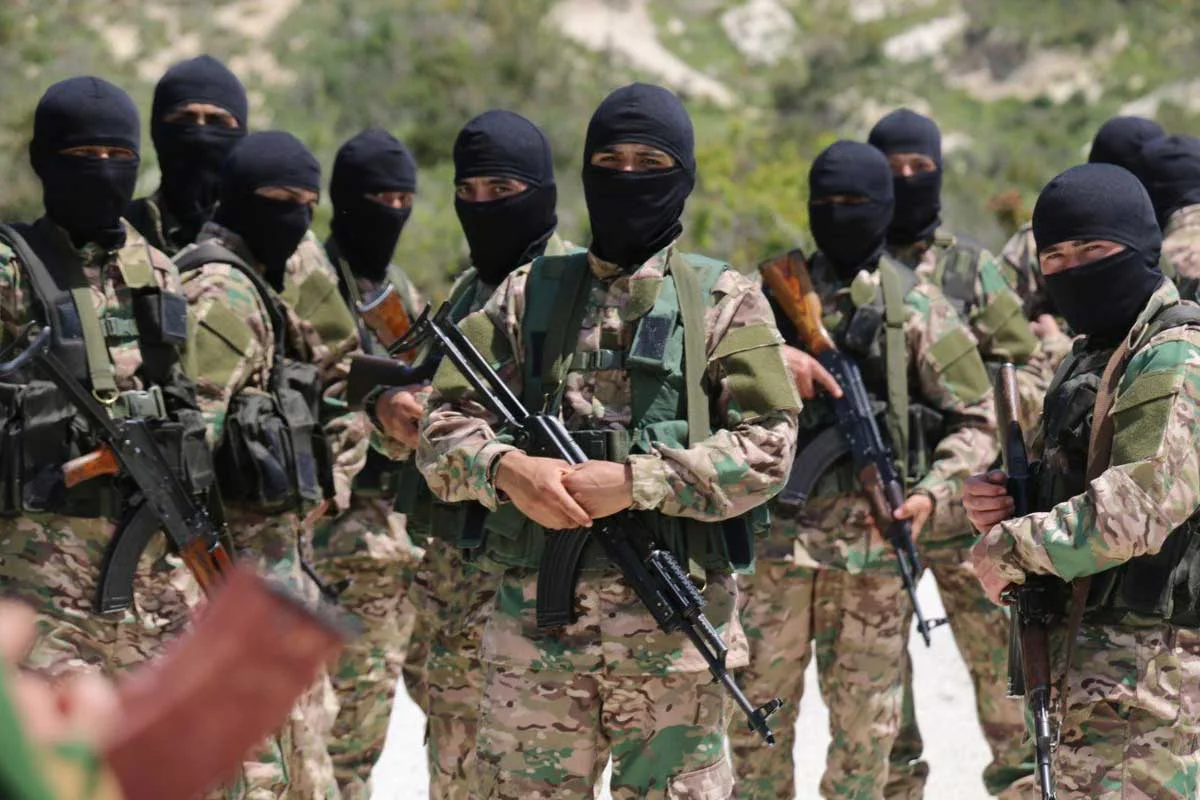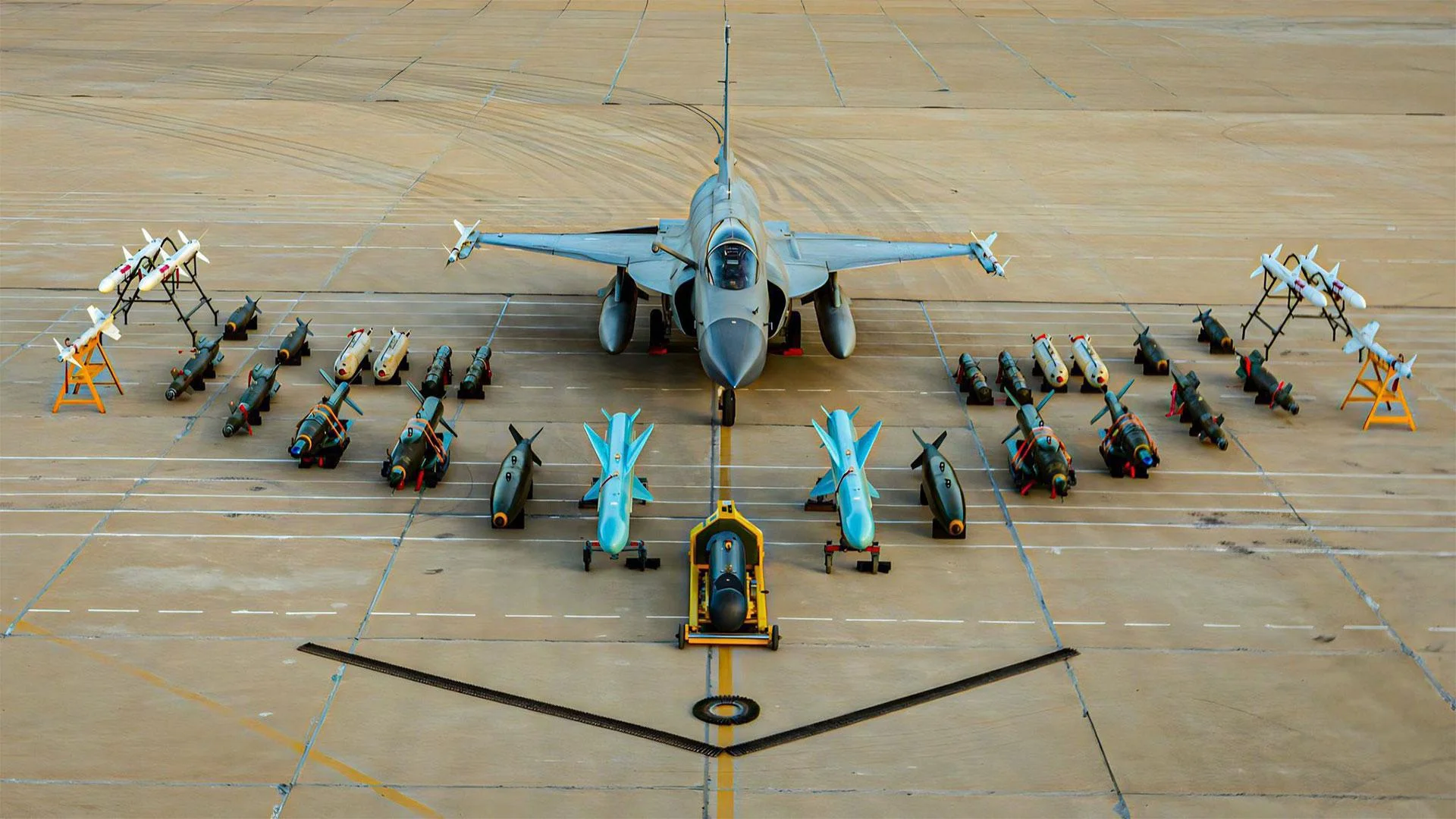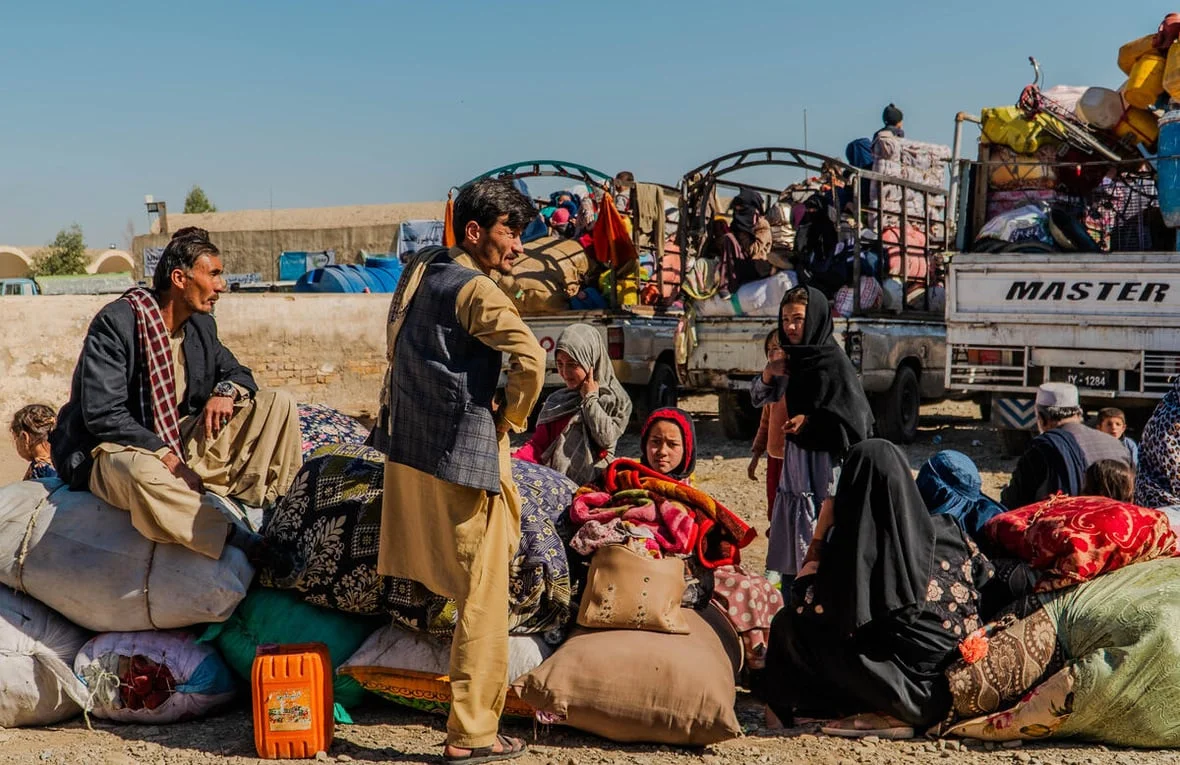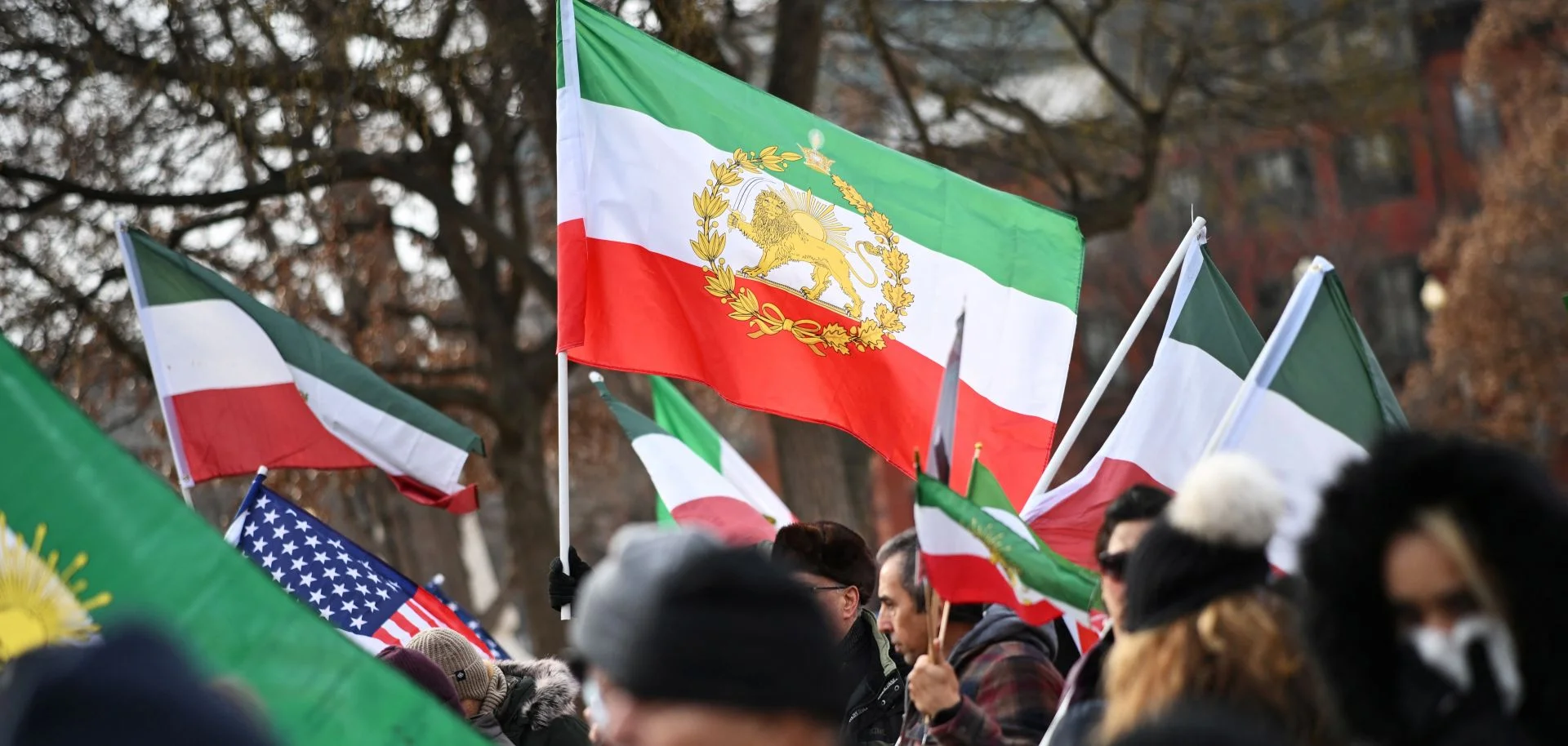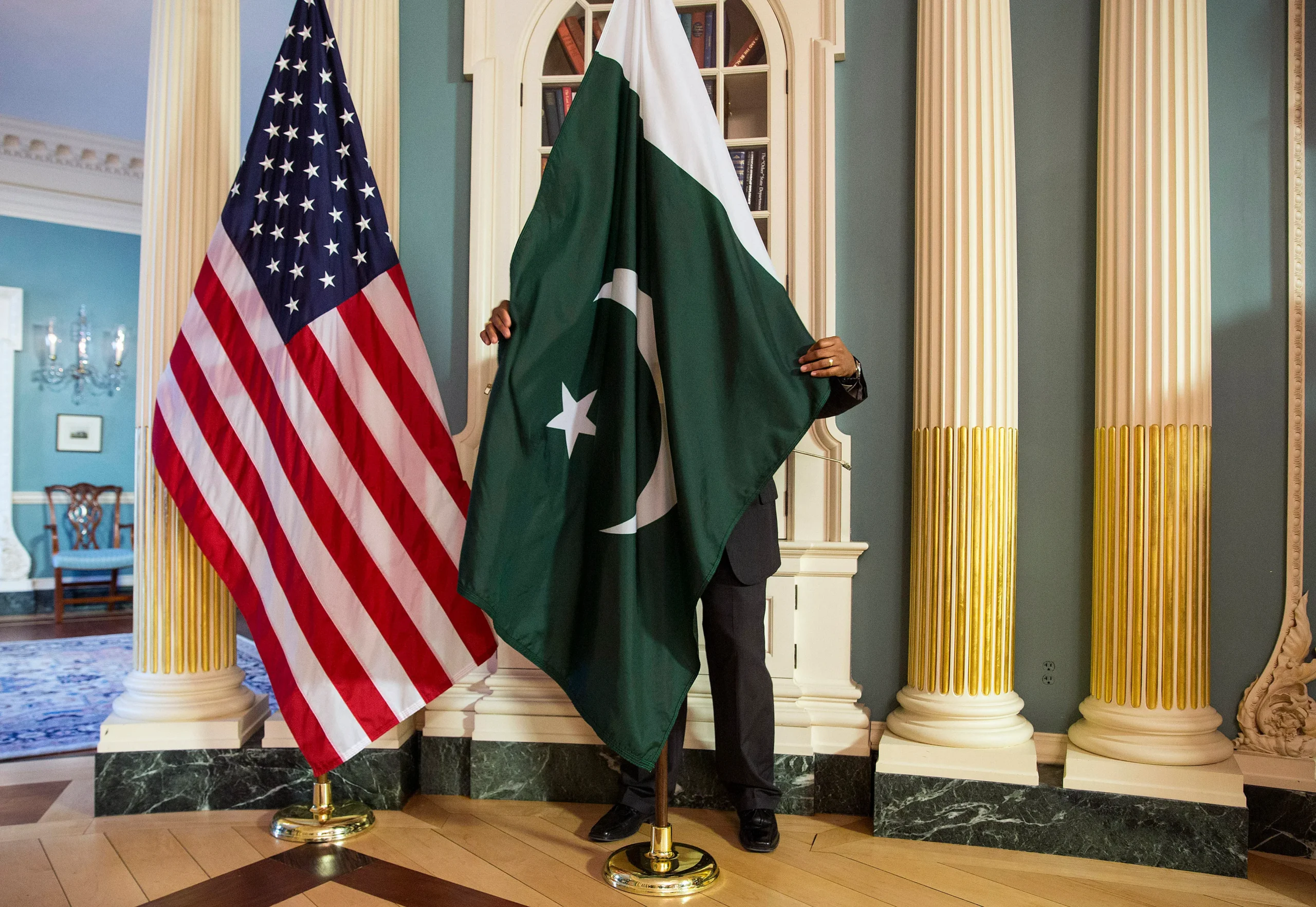ISLAMABAD: Two hundred Chinese firms took part in the Health, Engineering and Minerals Show (HEMS) hosted by Pakistan in April, sealing trade and investment deals worth $375 million, Pakistani state media reported on Wednesday.
The HEMS 2025 was held in the eastern city of Lahore from Apr. 17-19, bringing together many global delegates to spotlight Pakistan’s strengths in key industries. The expo featured a dedicated Mineral Investment Pavilion and aimed to boost international trade, investment and industrial growth.
Pakistan aims to increase its economic partnership with China, with whom it also enjoys cordial ties. Chinese companies are collaborating with local Pakistani firms to establish joint ventures, with Beijing focusing on tapping Pakistan’s vast natural resources.
“Representatives from more than 150 Chinese companies engaged in a series of business-to-business meetings across health care, engineering, minerals and mining, resulting in the signing of 29 memorandums of understanding, letters of intent and contracts worth over $375 million,” the Pakistan Television Corporation (PTV) said in a report.
“Key agreements included a $60 million quartz stone export deal (with a $10 million investment component), a $45 million joint venture in medical device manufacturing and an $80 million technology transfer contract in electric vehicles.”
The statement said Chinese delegations led by Pakistan’s Ambassador to China Khalil Hashmi also expressed interest in salt, copper, fluorite, gemstones, information technology, real estate and the branding of Pakistani products.
The report said Prime Minister Shehbaz Sharif hosted a dinner for 800 delegates from 50 countries, during which he praised Ambassador Hashmi and his team for facilitating the largest-ever Chinese business delegation’s to visit Pakistan.
Also See: Pakistan Pays Back $1 Billion Chinese Loan, Seeks Refinancing
Pakistan is home to one of the world’s largest porphyry copper-gold mineral zones, while the Reko Diq mine in southwestern Balochistan province has an estimated 5.9 billion tons of ore. Barrick Gold, which owns a 50 percent stake in the Reko Diq mines, considers them one of the world’s largest underdeveloped copper-gold areas, and their development is expected to have a significant impact on Pakistan’s struggling economy.
Earlier in April, Pakistan also hosted a minerals summit aimed at attracting foreign investment in the country’s mining sector. It saw participation from major international companies including Canada-based Barrick Gold and government officials from the United States, Saudi Arabia, China, Turkiye, the United Kingdom, Azerbaijan and other nations.
This news is sourced from Arab News and is intended for informational purposes only.

![HEMS 2025 in Lahore sees 200+ Chinese firms sign $375M deals, boosting Pakistan-China ties in health, minerals sectors. [Photo courtesy: Facebook/ @tdapofficial]](https://southasiatimes.org/wp-content/uploads/2025/04/4595258-1133195710.webp)
